Design case: Denise Wien
Denise Wien was one of the students who performed a case study within the Design Your Life project. Denise graduated June 2021 from the HAN University of Applied Sciences with her research titled ‘Creating a set of tools that can help prepare, support, and facilitate young adults with autism and their caregiver(s) in an online collaboration (co-design), for the development of the Design Your Life method.’ In this article, Denise explains her design case.
Denise: ‘During the period from February to June 2021, I carried out my graduation assignment for the project Design Your Life. Within the project, I focused on the case study: ‘Creating a set of tools that can help prepare, support, and facilitate young adults with autism and their caregiver(s) in an online collaboration (co-design), for the development of the Design Your Life method.’
I formulated this into the research question: “What set of tools can support the young adult with autism and caregiver while collaborating online, for the development of the Design Your Life method?
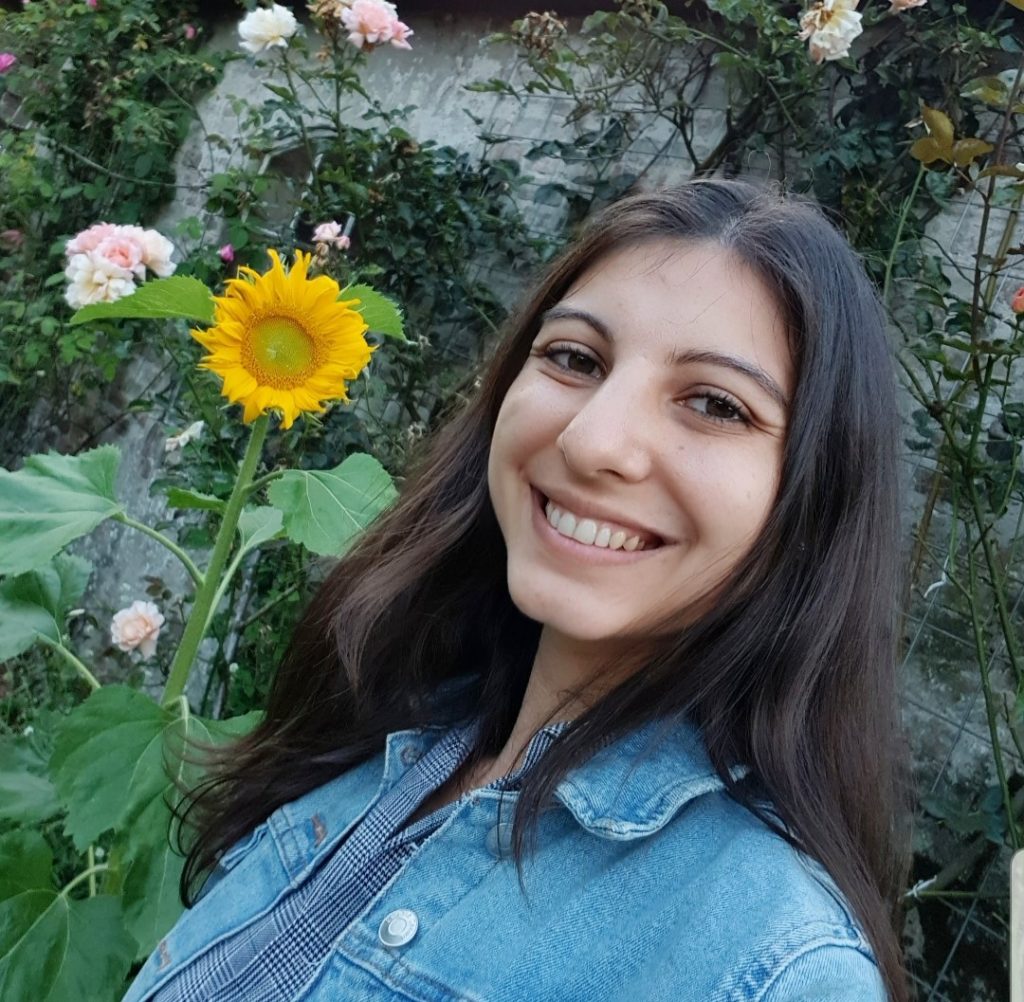
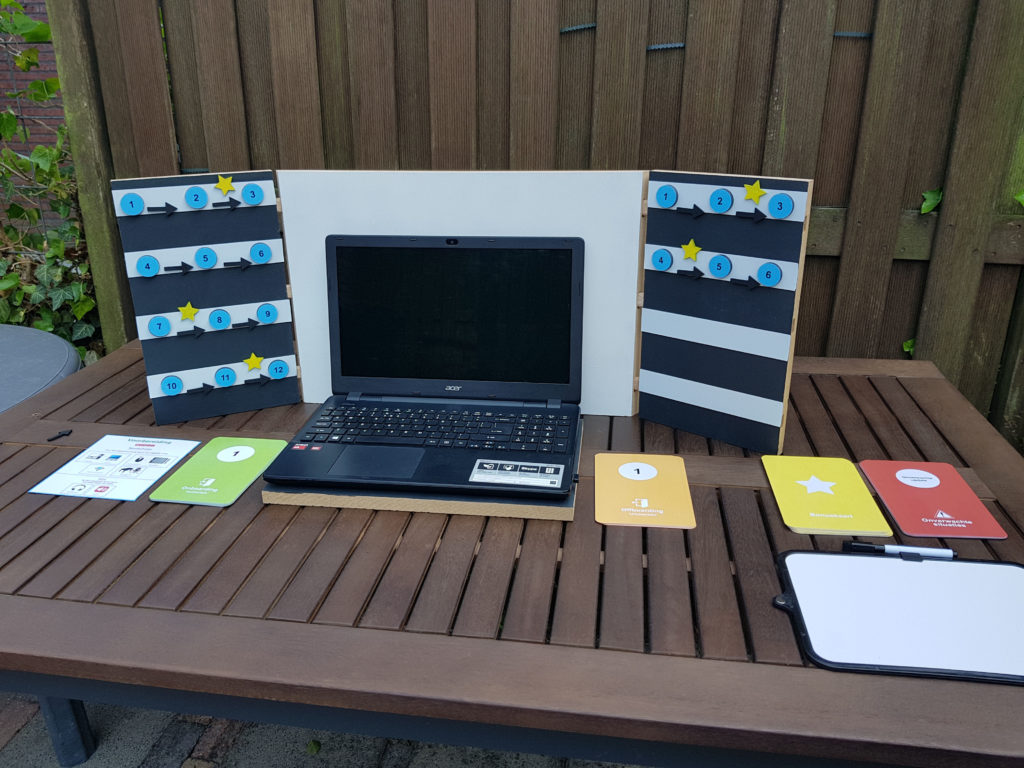
The final design. The support tool can be set up in different ways.
Images: Denise Wien
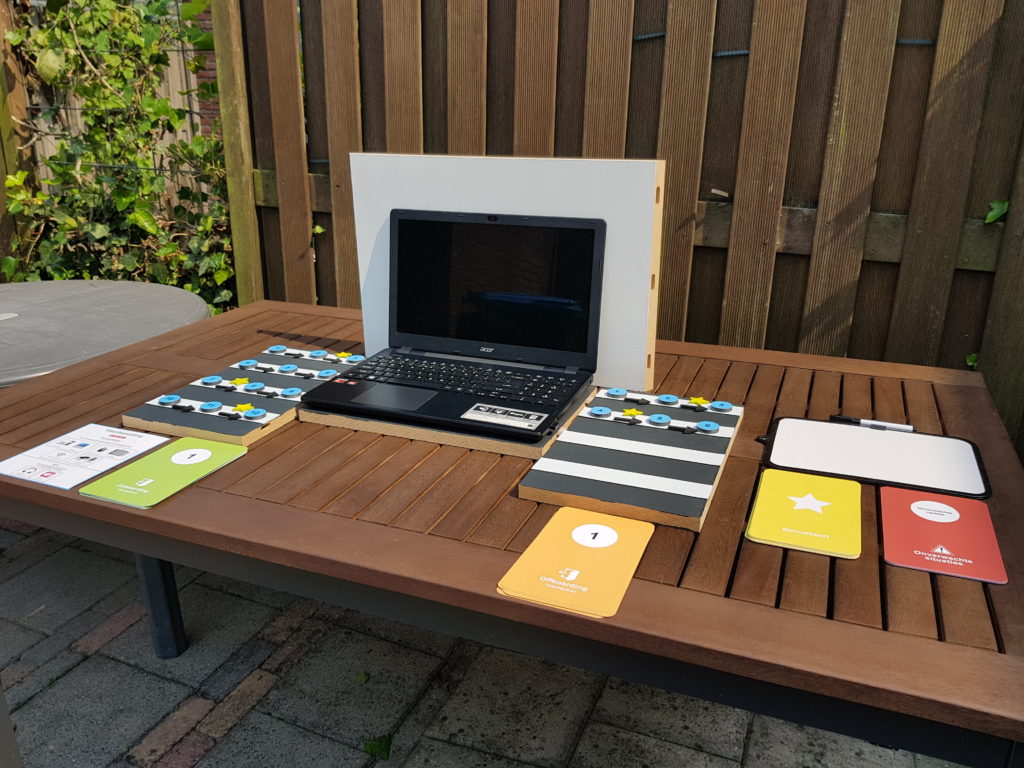
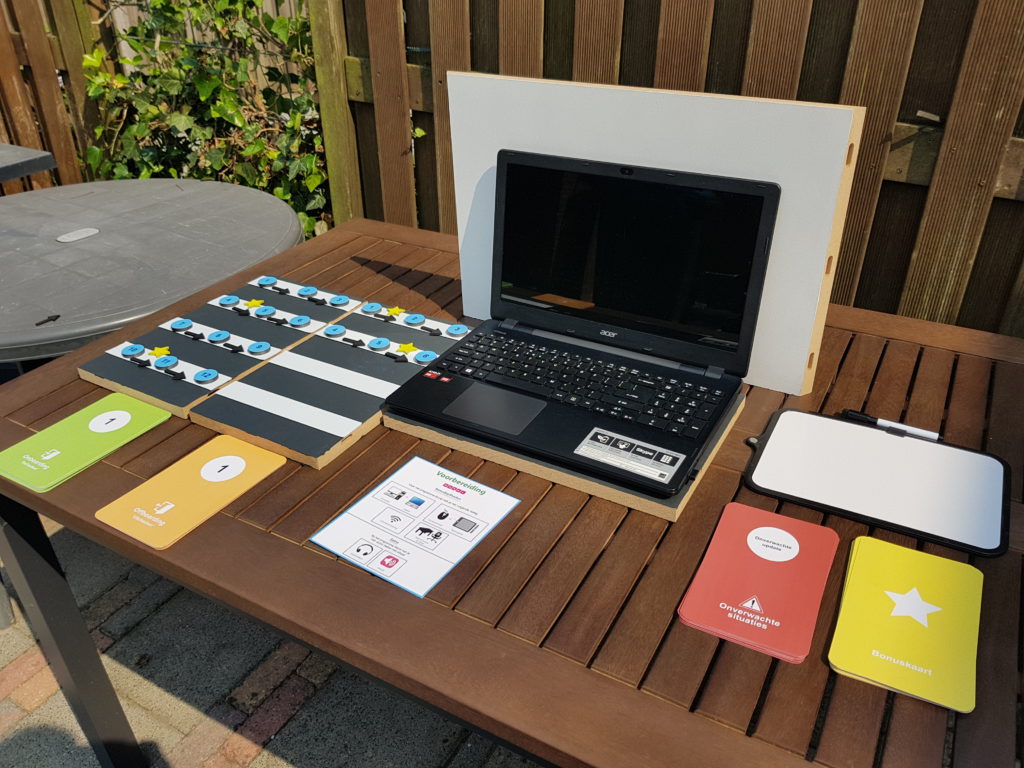
In this research, I looked for possible solutions that could prepare, support, and facilitate online co-design and developed this into several physical prototypes. The reason is that the target audience has little or no experience with online co-design tools and online collaboration brings difficulties. In addition, I looked at how the set of tools make online collaboration more approachable and accessible. Then, in this research, I also looked at the different online tools with which you can collaborate. However, the focus was on the online platform Mural, which is an online ‘whiteboard’, wherein you can collaborate with several people simultaneously Using the Mural platform, I was able to investigate the possibilities of online collaboration, the experiences of the target audience and test out how the target audience responds
I created several physical prototypes including a card set, step-by-step boards, and a mini whiteboard. These tools can help ensure that the young autistic adults and their caregiver are introduced to the online co-design step by step. The card set supports them in onboarding, during the process and offboarding. Then the step-by-step boards shows where they are in the process and finally the mini whiteboard can be used as an extra tool when there is no need for verbal communication.
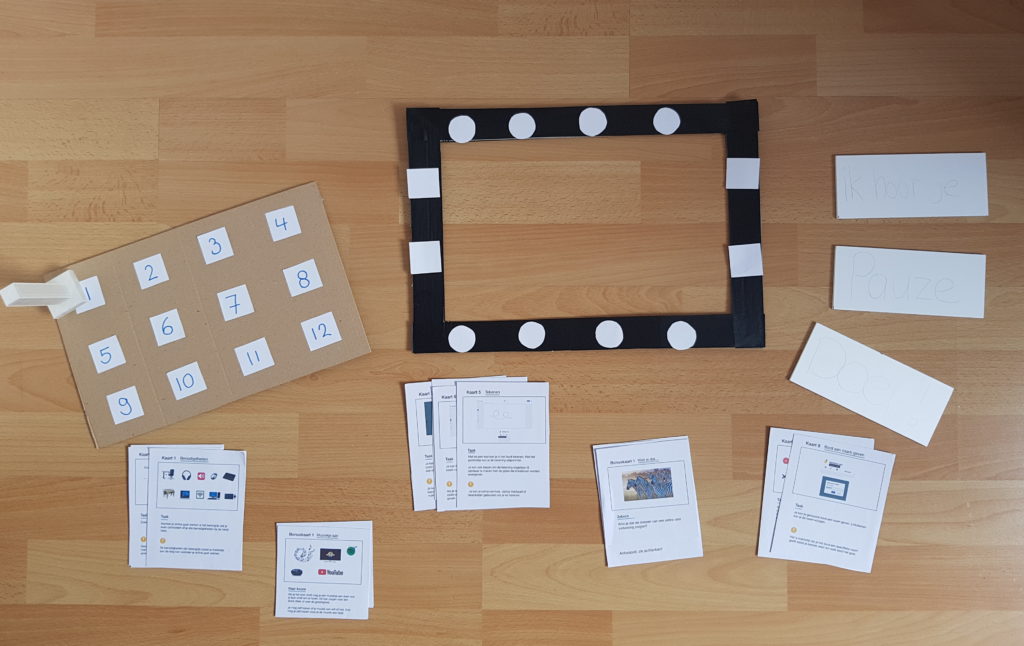
The paper prototype of a tool to support online co-design.
Image: Denise Wien
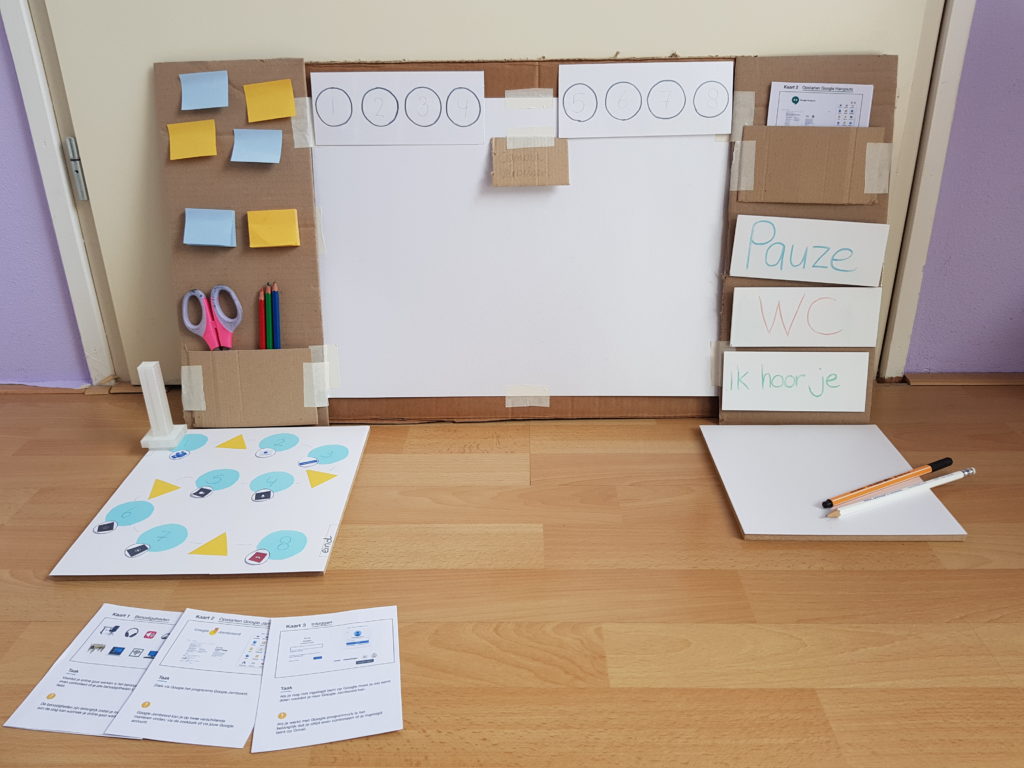
Following the paper prototype, a low-fidelity prototype was made.
Image: Denise Wien
At the end of my research, I concluded that the composition of the tools depends on the knowledge and the needs of the young adults with autism and their caregivers. In the final proof of concept testing phase, it emerged that the card set was used the most, provided the best support and could facilitate users during the process. The step-by-step boards and mini whiteboard were barely used but gave the possibility to use it in multiple ways and has the advantage of being transportable.
For now, the prototypes have laid a foundation on which to build on, while continuing to look for solutions that connect with or necessary products. Because users can use the prototypes independently, it will help promote independence.’